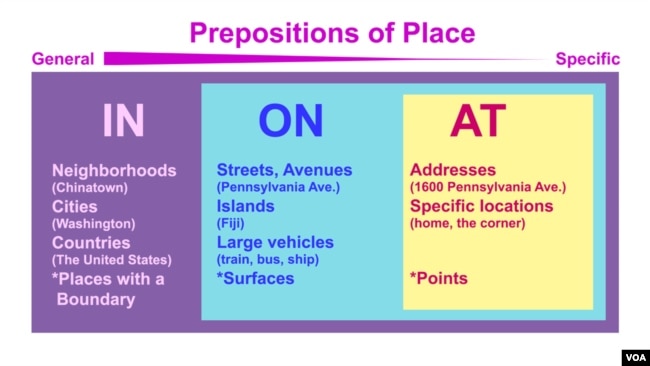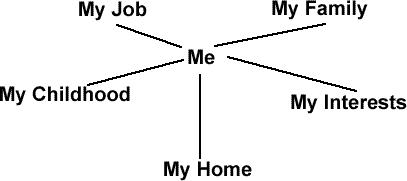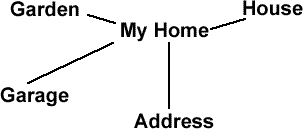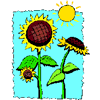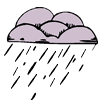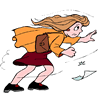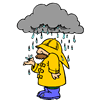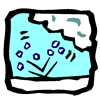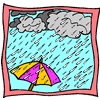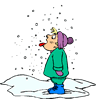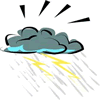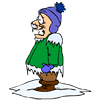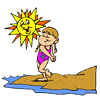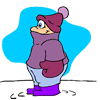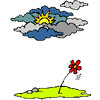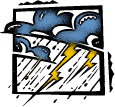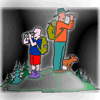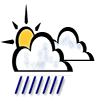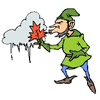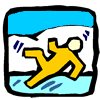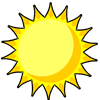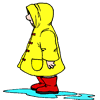Speaking part 2 is called:
“The Long Turn”
You can see real speaking test part 2 samples below.
It simply is a face to face talk to the examiner (3‑4 minutes)
You will be given a topic card, you will have 1 minute to prepare your talk and then you will need to give your talk to the examiner for 1‑2 minutes.
You can see real speaking test part 2 samples below.
The lady got band 6.0
Below I will list a group of most common topics and what are you supposed to talk about in each topic
If you wish to get a sneak peek of whats below, you can see this video on my YouTube channel
Most topics are stories about yourself or something that happened in your life.
Below I will list a group of most common topics and what are you supposed to talk about in each topic
If you wish to get a sneak peek of whats below, you can see this video on my YouTube channel
Describe a piece of art you like.
You should say:
what the work of art is
when you first saw it
what you know about it
and explain why you like it.
Books
Describe a book you have recently read.
You should say:
what kind of book it is
what it is about
what sort of people would enjoy it
and explain why you liked it.
Communication
Describe a piece of advice you recently received.
You should say:
when this happened
who gave you the advice
what the advice was
and explain how you felt about the advice.
Daily Routine
Describe a time of the day you like.
You should say:
what time of day it is
what you do at that time
who you are usually with
and explain why you like it.
Exercise
Describe an exercise you know.
You should say:
what it is
how it is done
when you first tried it
what kind of people it is suitable for
and explain why you think it is a good exercise.
Family
Describe a member of the your family you get on well with.
who it is
what relationship you have to that person
what that person is like
what you do together
and explain why you get on so well.
Gift
Describe a gift you recently gave to someone.
You should say:
who you gave it to
what kind of person he/she is
what the gift was
what occasion the gift was for
and explain why you chose that gift.
Hobby
Describe an interesting hobby.
You should say:
what it is
what kind of people do it
how it is done
and explain why you think it is interesting.
Internet
Describe a useful website.
You should say:
what it is
how often you visit it
what kind of site it is
what kind of information it offers
and explain why you think it is useful.
Journey
Describe a journey that didn’t go as planned.
You should say:
where you were going
how you were travelling
who you were with
what went wrong
and explain what you would do differently.
Kindness
Describe a person you know who is kind.
You should say:
who it is
how you know this person
what sort of person he/she is
and explain why you think they are kind.
Language
Describe a language you have learned.
You should say:
what it is
when you started learning
how you learned it
what was difficult about it
and why you decided to learn that language.
Music
Describe an song you like.
You should say:
what kind of song it is
what the song is about
when you first heard it
and explain why you like it.
News
Describe some good news you recently received.
You should say:
what the news was
how you received the news
who gave it to you
and explain why this was good news.
Old people
Describe an old person you know.
You should say:
who this person is
how old he/she is
what this person is like
and explain why you like this person.
Photograph
Describe a photograph you like.
You should say:
what can be seen in the photo
when it was taken
who took it
and explain why you like it.
Respect
Describe someone you respect.
You should say:
who the person is
how you know about this person
what this person does
what this person is like
and explain why you respect this person.
Sport
Describe a sports you would like to learn.
You should say:
what it is
what equipment is needed for it
how you would learn it
and explain why you would like to learn
this sport.
Travel
Describe a place you have recently visited.
You should say:
where you went
who you went with
how you got there
and explain why you enjoyed it.
Unexpected
Describe an unexpected event.
You should say:
what it was
when it happened
who was there
why it was unexpected
and explain why you enjoyed it.
Vocation
Describe a vocation you think is useful to society.
You should say:
what it is
what it involves
what kind of people usually do this work
and explain why you think it is useful to society.
Water
Describe a place near water.
You should say:
where it is
how you get there
how often you do there
what you can do there
and explain why you like it.
Your Favourite Shop
Describe your favourite shop.
You should say:
where it is
how often you go there
what it sells
and explain why you think it is a good shop.
Zoo
Describe a place with animals.
You should say:
where it is
how you heard of it
what animals can be seen
and explain why it might be an interesting
place to visit.




